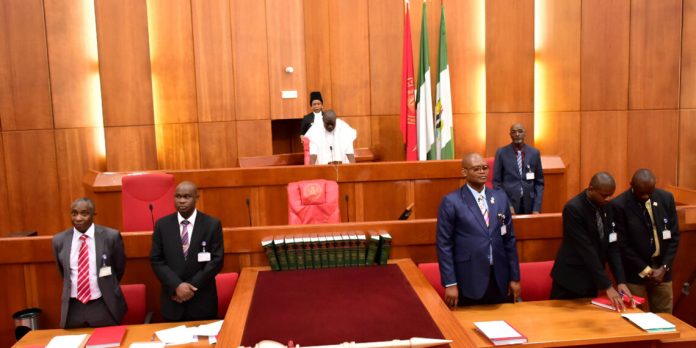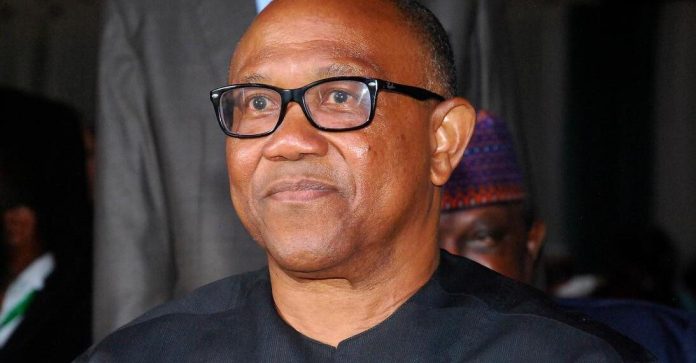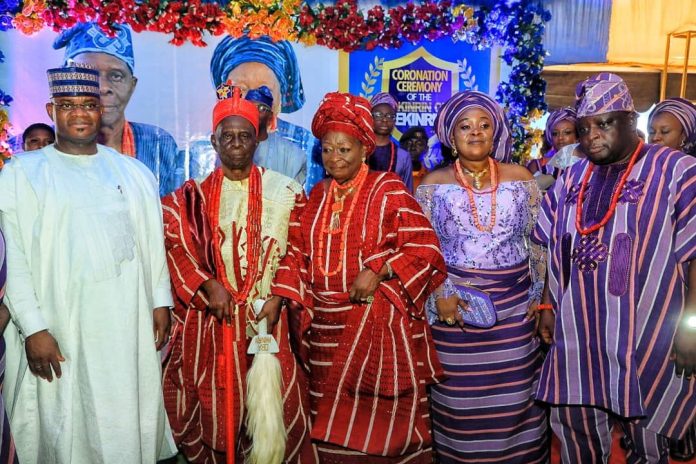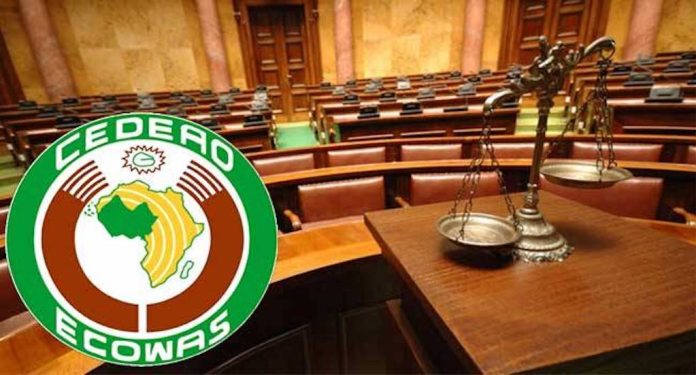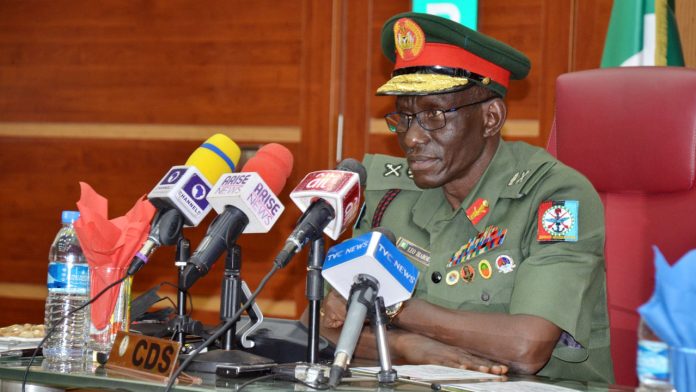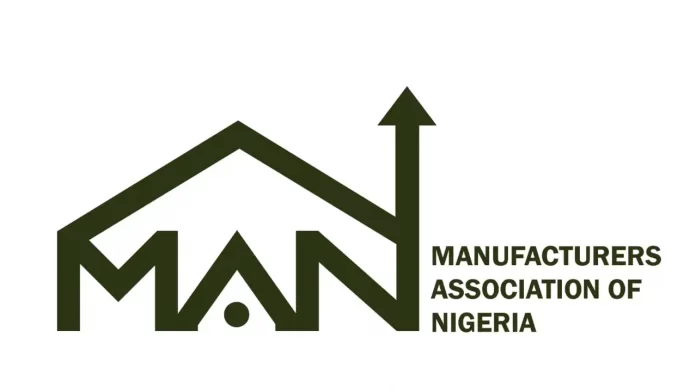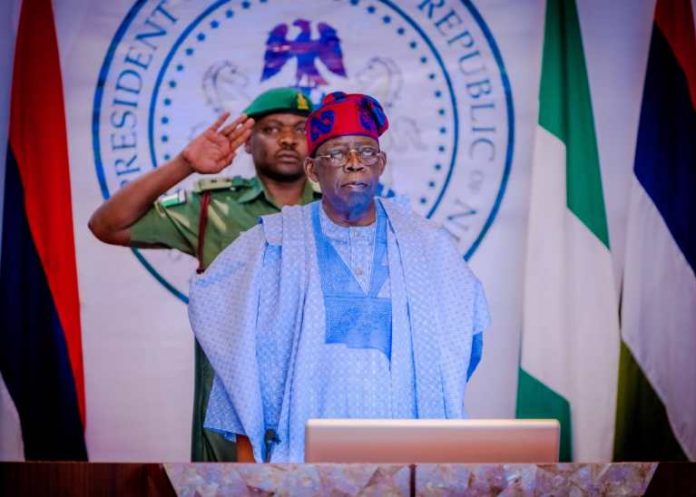AHEAD of the resumption of the 10th Senate, next Tuesday, various camps battling to produce some of the remaining principal officers are awaiting the nod of President Bola Tinubu.
As it was done recently, the National Working Committee, NWC, of the All Progressives Congress, APC, is expected to name the party’s nominees for the Senate Majority Leader, Deputy Majority Leader, Chief Whip and Deputy Chief Whip.
However, it has to be done with the blessing of President Tinubu, who returned to the country after official/private visits to Paris and London, a source told Vanguard.
On May 8, 2023, the party released the zoning formula for the leadership of the 10th National Assembly, picking Godswill Akpabio (Akwa-Ibom/South-South) President of the Senate; Jibrin Barau (Kano/North-West) for Deputy President of the Senate; Tajudeen Abbas (Kaduna/North-West) for Speaker; and Benjamin Kalu (Abia South-East) for Deputy Speaker.
“If the president played a critical role in the emergence of Senate President, Speaker of the House of Representatives and their deputies, which are elective positions, you can expect that he will be very much interested in other positions that are principally the affairs of the party,” a top APC source told Vanguard.
The composition of principal officers may be delayed
Meanwhile, there are indications that the emergence of the other principal officers may be delayed till mid-July or later. Reason: The National Assembly offices are still under renovation. This means a temporary chamber may be used on July 4 for the plenary.
Also, the APC hierarchy is yet to take a position on the issue. A meeting of the National Executive Committee, NEC, has been fixed for July 11. Before then, a meeting of the party’s National Caucus would be held on July 10.
The meeting would look at the selection of the remaining principal officers among other issues if the plenary is postponed, it was gathered.
Following intense pressure from National Vice Chairman, North-West, Salihu Moh. Lukman, the Senator Abdullahi Adamu-led NWC fixed the NEC meeting for July 11.
The decision was taken after the dates were approved by President Tinubu who had been given three options to pick from.
Adamu’s refusal to convene regular meetings of relevant party organs had pitched him against Lukman who accused him of running the APC like a garrison commander.
The July 11 meeting will be the second NEC meeting to be convened by Adamu more than a year after the assumption of office.
Tinubu’s hand
There are strong indications that the issue of who becomes the Senate Majority Leader would be determined by President Tinubu
A source told Vanguard that President Tinubu and the APC may overlook Northern Senators who are at the moment eyeing the position of Senate Majority Leader.
Already, the fight for the position of Senate Majority Leader has polarised senators from the North and South, especially the South-West, with the former insisting on producing the Senate Majority Leader.
A Senator who spoke with Vanguard yesterday said:” The matter of who becomes the Senate Majority leader is becoming interesting as the leadership of the APC is at a crossroads at the moment and awaiting President Bola Tinubu to instruct the Senator Adamu led NWC to send names of those, who will form the leadership to the President of the Senate, Senator Godswill Akpabio to announce during plenary upon resumption of the Senate.”
Ndume, Buhari, and Bamidele fight for Senate Leader
Vanguard gathered the former Leader, Senator Ali Ndume, APC, Borno South; immediate past Chairman, Senate Committee on Judiciary, Human Rights and Legal Matters, Senator Opeyemi Bamidele, APC, Ekiti Central; and Senator Abdulfatai Buhari, APC, Oyo North are very much interested in the position of majority leader.
While Ndume is from the North-East, Bamidele and Buhari are both from the South-West.
The party has not taken a decision on which geo-political zone of the country should produce the Senate leader and his deputy
With the election of Senator Akpabio and Senator Jibrin Barau as Senate President and Deputy respectively, attention has shifted to the other principal offices
The game among the Senators is the push by some South West Senators to produce a Yoruba Majority Leader. They are being countered by some Northern Senators who want the North to produce Senate Leader arguing that if a South West Senator becomes the Majority leader, it would create more tension in the already tensed 10th Senate following the last election of Presiding officers where former Zamfara State Governor, Senator Abdulaziz Yari from the North-West lost to Akpabio from the South-South.
Thus, all eyes are on Tinubu and the APC hierarchy as their decision would go a long way in ending or inflaming the intrigues and quagmire in the National Assembly.
Aside from the office of the President of the Senate and the Deputy who must go through an election, the other principal offices are purely the affairs of the parties, which nominate members for such positions.
In the Senate, the principal office positions for the ruling APC are the Majority Leader, Chief Whip, Deputy Majority Leader, and Deputy Majority Whip.
The opposition parties produce Minority Leader, Minority Whip, Deputy Minority Leader and Deputy Minority Whip.
With 59 senators, the APC is the majority party in the Senate while the Peoples Democratic Party, PDP is the major opposition party with 36 senators. The other parties with slots in the Senate are the Labour Party, LP, 8; New Nigeria Peoples Party, NNPP, 2; Social Democratic Party, SDP, 2; All Progressives Grand Alliance, APGA, 1; and Young Progressives Party, YPP, 1.
In essence, the six opposition parties have altogether 50 senators as against APC’s 59.
The four geo-political zones that are yet to produce principal officers are the North-East, North-Central, South-East and South-West
In accordance with the tradition of the Senate, geo-political zones that did not produce the Senate President and the Deputy, are expected to occupy the key positions, especially in the ruling party.
As it is, the South-South and North-West are out of the equation having produced the President of the Senate and the Deputy.
Atiku, Wike’s camps battle for Minority Leader
In the PDP, there is a battle between the camps of the immediate past Governor of Rivers State, Nyesom Wike, and the 2023 Presidential Candidate of the party, Alhaji Abubakar Atiku over who should be the Senate Minority Leader.
While the party and Atiku are rooting for former Speaker of the House of Representatives and immediate past Governor of Sokoto State, Senator Aminu Tambuwal (PDP, Sokoto South) for Senate Minority leader, Wike wants Senator Jarigbe Agom Jarigbe (PDP, Cross River North) for the position and this is causing tension in the party.
A strategic move towards blocking the choice of PDP for the Minority leadership positions of the Senate and the House of Representatives was made, last Thursday when Wike held a marathon meeting with Senate President Akpabio and Barau at the National Assembly, it was gathered.
Wike, who was in a black suit, left the Senate wing of the National Assembly at about 6:30 pm in the convoy of Senate President Akpabio, Deputy Senate President of the Senate Jibrin Barau and other Senators like Salihu Mustapha (APC Kwara Central), Jibril Isah (APC Kogi East ) as well as the recently appointed Senior Special Assistant, National Assembly Matters (Senate ) to President Tinubu, Senator Abdullahi Abubakar Gumel.
According to a source at the meeting, Wike’s plan with the leadership of the Senate is to have a minority leader from his camp in the PDP.
According to the source, though the leadership of the Senate and House of Representatives are being very careful with the plan they believe that if Wike succeeds in factionalizing PDP caucuses in both chambers, having unpopular minority leaders from their fold is possible.
The source said: “Having assisted APC to win the Presidential election in Rivers State in February, supported the aspirations of the now elected four presiding officers of the 10th National Assembly, getting his loyalists among the principal officers from PDP is his plan now. He is very serious with the plan and is getting the required support from the leadership of the National Assembly as well as membership of the other minority political parties in both the Senate and the House of Representatives.”
Opposition senators move against Atiku’s bid to install Tambuwal
However, some senators elected on the platforms of the six opposition political parties have concluded arrangements to move against Atiku Abubakar’s bid to deliver Tambuwal as Senate Minority leader.
The aggrieved senators have vowed to resist Tambuwal’s emergence in the way and manner they fought against the alleged imposition of Akpabio as Senate President. No fewer than 46 senators voted against Akpabio. Their choice was former Governor of Zamfara State, Senator Abdulaziz Yari, APC, Zamfara West, who lost to Akpabio.
Some of the Minority Senators who spoke after a meeting on Wednesday said that the indications are clear that with what Tambuwal did against the PDP, he would use the minority leadership position to negotiate and apologize to President Tinubu who he betrayed after making him Speaker of the House of Representatives.
A PDP Senator from Rivers State, another Senator from the North and a ranking Senator from the South-West who spoke to Vanguard in confidence vowed to resist attempts to impose Tambuwual on them.
According to them, Tambuwal has a record of throwing his political allies under the bus at critical moments to promote what they described as his selfish interest.
The Senators resolved to vote for any ranking Senator other than the former Sokoto State Governor because “he is on a mission to use the minority leadership position to negotiate for self-preservation and use the platform to run for the Presidential election in 2027.”
One of the sources said: “As a result of his antecedents, Senators are rejecting calls by PDP officials and their governors insisting that Tambuwal is no option.
“You can trace the major political activities of Tambuwal in the past decade. He seems to have a record of treachery and betrayal of close friends and allies as he did to Jonathan, Wike, Tinubu himself and several others.
“In 2019, he went against his party, the PDP, and a sitting president to rubbish the PDP zoning arrangements just because it favoured him. When he became speaker with the support of opposition elements (that is Tinubu, Buhari and other leaders), he used the platform of the speakership to effectively rubbish the presidency of Johnathan and the PDP and decamped to the APC and negotiated to be governor.
“Buhari, Tinubu, Wammako and others rewarded him for his treachery against the PDP, but his ambition could not be accommodated so he betrayed Wammako, Tinubu, Buhari, aligned with Atiku and came back to PDP with the APC mandate that was given to him with the hope of running for the presidency.
“Wike against all odds backed him and promised to deliver the presidential nomination to him but Thank God that did not succeed.”
Another Senator said: “In 2019, he again went for a presidential visit but this time did not get Wike’s support, he then Betrayed Wike at the PDP presidential primaries. This is the record of the politician Atiku wants to foist as minority leader of the party.
“Also, his senatorial election in Sokoto is now being contested; he was desperate to come to the Senate with the ambition that he would be rewarded with the position of Senate President. When it emerged that the PDP did not get the majority and with the defeat of Atiku and Okowa, Atiku and the PDP then changed their plan to make him minority leader to compensate him.”
It’s too early to read primordial sentiments to my appointments —AKPABIO
Meanwhile, Senate President Akpabio while reacting to reports that Senators are angry with him for appointing Christians and southerners as his Chief of Staff and Deputy, advised that it was too early to read primordial sentiments to the only two appointments he has made, saying that he is a highly detribalised Nigerian.
A statement from the Media Unit of the Office of the Senate President read: “The President of the 10th Senate is a highly detribalised Nigerian with strong conviction in the potentials of our diversities. The needless agitation is a distraction that should have no place in our current efforts at rebuilding a society that is strong in growth and opportunities.”



